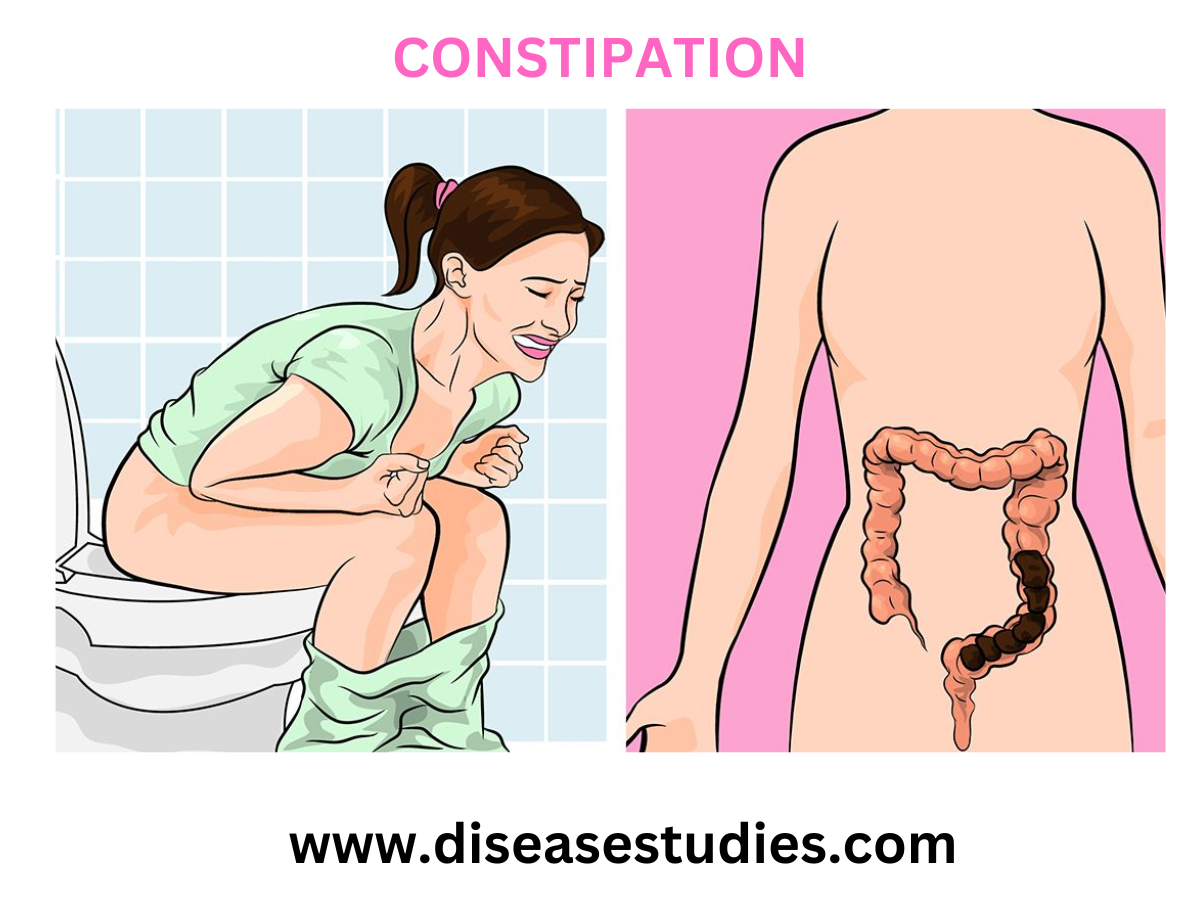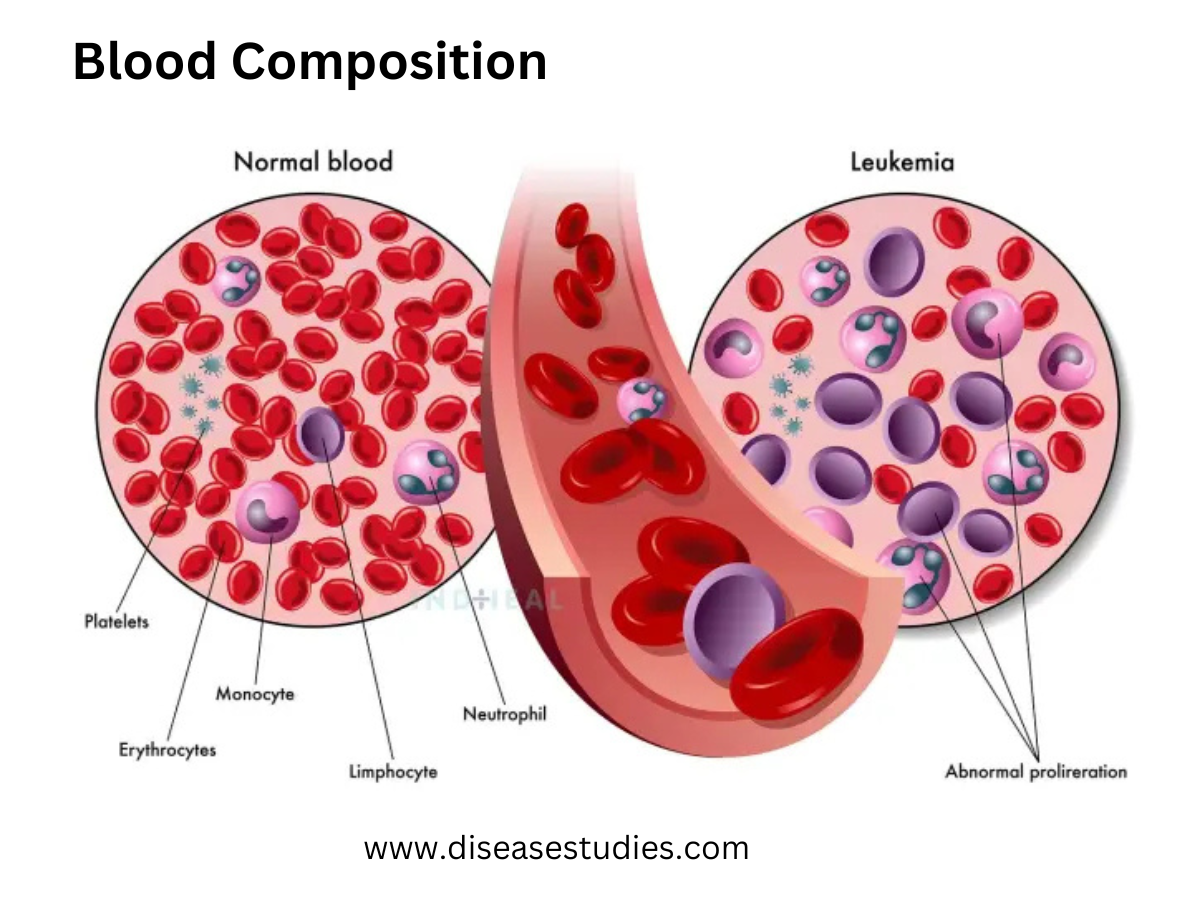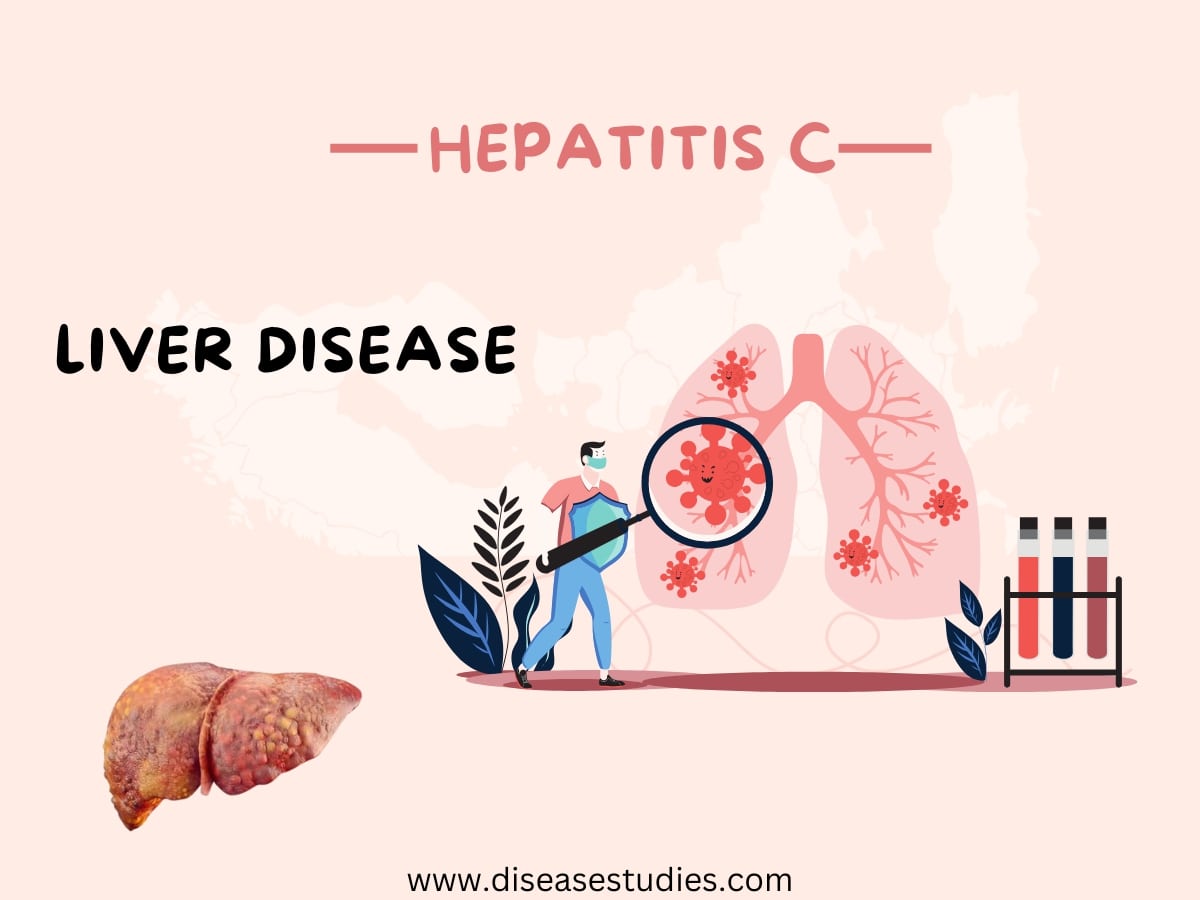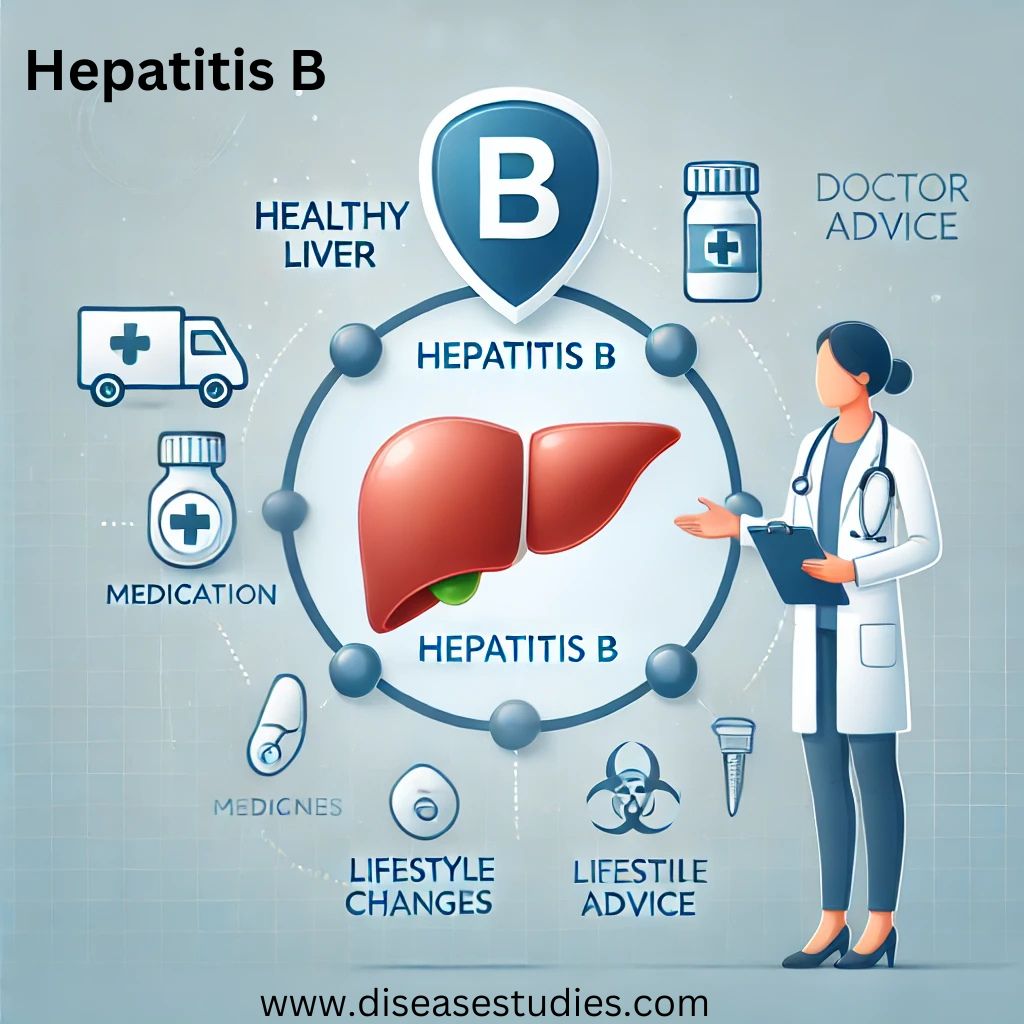
Constipation is a common digestive problem that affects millions of people worldwide. These include poor bowel movements, hard or lumpy stools, and difficulty passing stool. This article explores the causes, symptoms, and prevention strategies for constipation, providing valuable insight into maintaining a healthy digestive system.
Causes of constipation:
Constipation occurs when the muscles of the intestines and colon do not work properly, which slows down the movement of food and causes constipation.
Constipation affects millions of people worldwide, causing discomfort, pain and difficulty in daily life. To best manage constipation, it is important to understand its causes. Common reasons behind loose bowels are:
Low dietary fiber:
Fiber helps move food through the digestive system. A diet that lacks whole grains, fruits, vegetables, and legumes can cause constipation. Include fiber-rich foods such as:
– Fruits (berries, apples, bananas)
Vegetables (broccoli, carrots, leafy greens)
– Whole grains (brown rice, quinoa, whole wheat)
– Legumes (beans, lentils, peas)
Dehydration:
Water helps soften the stool, making it easier to pass. Insufficient water can cause constipation.
Amount of water:
– At least 8 glasses of water per day
– Herbal teas, clear soups, and juices
Physical inactivity:
Regular exercise stimulates bowel movements. A sedentary lifestyle slows digestion. Engage in:
– Daily walk (30 minutes)
– Yoga, swimming, cycling, or other exercises.
– Stretching and moving throughout the day
Medical conditions:
Certain health conditions can affect bowel movements:
– Diabetes
– Hypothyroidism (underactive thyroid)
– Neurological disorders (Parkinson’s, multiple sclerosis)
– inflammatory bowel disease (IBD)
Medicines:
Some medicines can slow down bowel movements:
– Painkillers (opioids)
– Antidepressants
– Iron supplements
– Some antibiotics
Stress and Anxiety:
Stress affects digestion and bowel movements:
– Practice relaxation (breathe deeply)
– Exercise regularly.
– Get professional help if needed.
old age:
Constipation in the elderly is commonly caused by:
– Decreased muscle tone
– Hormonal changes
– Effects of medications
Pregnancy and Childbirth:
Hormonal changes and pressure on the rectum can cause constipation:
– Practice pelvic floor exercises
– Maintain a healthy diet and lifestyle
– Consult your healthcare provider
Travel and Changes in Routine:
Disruptions to regular bowel habits can cause constipation:
– Stick to your routine
– Stay hydrated
– Avoid heavy meals during travel
Other Factors:
Additional causes of constipation include:
– Ignoring nature’s call
– Lack of sleep
– Consuming processed foods
– Caffeine and alcohol
By understanding these causes, you can take proactive steps to prevent constipation:
– Eat a balanced diet
– Stay hydrated
– Exercise regularly
– Manage stress
– Consult your healthcare provider if symptoms persist
Remember, constipation is manageable. Make lifestyle changes today to maintain a healthy digestive system and prevent discomfort.
Symptoms of Constipation:
Constipation can be uncomfortable and painful. Knowing its symptoms helps you seek timely medical attention. Here are the common symptoms:
1. Fewer Trips to the Bathroom: You poop less than 3 hard, dry, or lumpy.
3. Strtimes a week.
2. Hard or Lumpy Poop: Stools areaining: You push hard to poop.
4. Belly Pain: Your stomach hurts or feels bloated.
5. Feeling Stuck: You feel like you didn’t fully poop.
6. Blood in Stool: You see blood in your poop.
Other Signs:
1. Tiredness
2. Loss of Appetite
3. Nausea
4. Headaches
5. Severe Belly Pain
6. Vomiting Blood
7. Rectal Bleeding
8. Fever
What to Do:
– Persistent constipation
– Severe symptoms
– Blood in stool
– Belly pain
Then Consult your doctor!
Remember:
– Keep a food diary
– Share your symptoms and medical history
Don’t ignore constipation symptoms! Seek medical attention for relief.
Key Points:
Stay alert for these symptoms and consult your doctor for guidance.
Prevention Strategies:
Incorporating simple lifestyle changes can help prevent constipation:
Dietary Changes:
1. Increase Fibre Intake: Fruits, vegetables, whole grains, and legumes.
2. Stay Hydrated: Drink at least eight glasses of water per day.
3. Prune Juice: Natural laxative properties.
Lifestyle Modifications:
1. Regular Exercise: Aim for 30 minutes of physical activity daily.
2. Establish a Bowel Routine: Set a consistent bowel movement schedule.
3. Manage Stress: Practice relaxation techniques like meditation or yoga.
4. Avoid Ignoring Nature’s Call: Respond promptly to bowel urges.
Additional Tips:
1. Limit Processed Foods: Avoid foods high in sugar and unhealthy fats.
2. Probiotics: Promote gut health with probiotic-rich foods or supplements.
3. Avoid Laxative Overuse: Long-term laxative use worsens constipation.
Natural Remedies for Constipation:
1. Psyllium Husk: Fiber supplement.
2. Senna Tea: Herbal laxative.
3. Castor Oil: Stimulates bowel movements.
When to Seek Medical Attention
Consult a healthcare professional if you experience:
1. Severe Abdominal Pain
2. Vomiting
3. Blood in Stool
4. Persistent Constipation
Diagnosis and Treatment:
Preventing Constipation: Simple Steps for a Healthy Digestive System
Constipation can be uncomfortable and painful. Fortunately, simple lifestyle changes can help prevent it. Here are easy-to-follow prevention tips:
Dietary Changes:
1. Eat Fiber-Rich Foods: Fruits, vegetables, whole grains, and legumes.
2. Stay Hydrated: Drink 8-10 glasses of water per day.
3. Limit Processed Foods: Avoid sugary and fatty foods.
Lifestyle Modifications:
1. Exercise Regularly: 30 minutes of physical activity daily.
2. Establish a Bowel Routine: Set a consistent bathroom schedule.
3. Manage Stress: Practice relaxation techniques like meditation or yoga.
Additional Tips:
1. Include Probiotics: Yogurt, kefir, or probiotic supplements.
2. Avoid Ignoring Nature’s Call: Respond promptly to bowel urges.
3. Limit Caffeine and Alcohol: Can exacerbate constipation.
Natural Remedies:
1. Prune Juice: Natural laxative.
2. Psyllium Husk: Fiber supplement.
3. Herbal Teas: Peppermint, chamomile, or ginger.
Healthy Habits:
1. Regular Physical Activity: Walking, swimming, or cycling.
2. Balanced Diet: Whole foods, fruits, and vegetables.
3. Adequate Sleep: 7-8 hours per night.
When to Consult a Doctor:
– Persistent constipation
– Severe symptoms
– Blood in stool
– Abdominal pain
Key Takeaway:
Preventing constipation requires simple lifestyle changes:
– Eat fiber-rich foods
– Stay hydrated
– Exercise regularly
– Manage stress
– Limit processed foods
By incorporating these habits into your daily routine, you can maintain a healthy digestive system and prevent constipation.
Remember:
– Consult your doctor if symptoms persist
– Keep a food diary
– Share your symptoms and medical history
Stay proactive and take control of your digestive health today!
Treatment options include:
1. Dietary changes.
2. Medications (e.g., laxatives, fiber supplements).
3. Biofeedback therapy.
Conclusion:
Constipation is a manageable condition by understanding its causes, recognizing symptoms, and incorporating prevention strategies. By adopting a balanced diet, staying hydrated, exercising regularly, and managing stress, you can maintain a healthy digestive system and prevent constipation. Don’t hesitate to seek medical attention if symptoms persist or worsen. Take control of your digestive health today!
| ReplyForwardAdd reaction |







